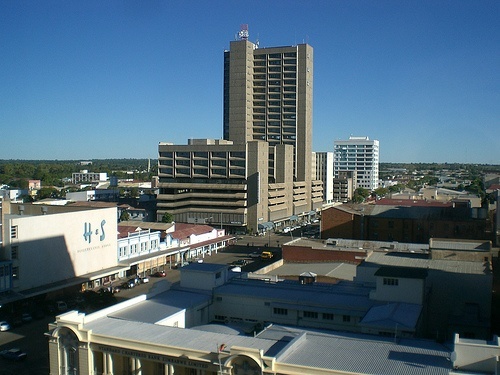
The plight of workers is worsening in Bulawayo, where hundreds of employees are walking long distances to work.
BY MUSA DUBE
Some of them walk for up to 25km daily to and from their work places, because their meagre salaries do not allow them to pay the five rand charged for bus fare. As if walking is not enough, many of them are going to work on empty stomachs.
Marching in groups or in a single line, the sweating workers can be seen walking along major roads like Khami or Luveve going to or coming from work daily. Only a few fortunate ones can afford to buy bicycles.
“My friend, we are suffering here as workers. The majority of us have resorted to walking long distances going to and coming from workplaces. My US$220 salary is not enough to pay transport even for a single day,” said Anderson Ncube of Pumula suburb.
Ncube (44), said the paltry salary he was getting was only enough to pay rent and buy food.
“The long distance that I walk every day to work, makes me tired before I even start working,” said Ncube, who works for a furniture manufacturing company.
Another worker, Thulani Mpofu (39) of Bulawayo’s Nkulumane suburb echoed the same sentiments and said although the festive season was around the corner, it was doom for workers as it comes at a time when morale had reached an all-time low.
- Chamisa under fire over US$120K donation
- Mavhunga puts DeMbare into Chibuku quarterfinals
- Pension funds bet on Cabora Bassa oilfields
- Councils defy govt fire tender directive
Keep Reading
He said sometime this year, his company used to provide transport but ceased to do so citing budgetary constraints.
“My company had a bus that used to take us to and from home but after the July 31 election, they told us to find our own means of transport. They said they could not afford to provide transport due to financial constraints,” said Mpofu.
Zimbabwe Congress of Trade Union (ZCTU)’s western region officer, Percy Mcijo, confirmed the dire situation that workers were going through.
He told harrowing tales of how workers were walking long distances on empty stomachs to their work places.
“Workers are really finding it difficult to get to and from work because they don’t have money for bus fare,” he said.
Mcijo said many companies were not giving transport allowances despite the employees working tirelessly for the company.
It has also been reported that a majority of the workers in Bulawayo are also going for several months without getting their full salaries.
Companies such as Cold Storage Commission and National Railways of Zimbabwe are reportedly failing to pay their workers, resulting in morale going down.
The majority of workers, not only in Bulawayo but countrywide, earn far less than the poverty datum line currently pegged at around US$506.
The city used to be the country’s hub but manufacturing, most of the companies had collapsed.
Mcijo challenged the government to revive Bulawayo’s industry so that it could return to its former glory.
“Although people say hard times never kill, to be honest our people are suffering. Something has to be done and the economy has to be revived and the employer must meet their obligation to pay their employees,” said Mcijo.
Many companies in Bulawayo are facing unprecedented operational challenges.
Companies such as the National Blankets, Zeco and clothing companies such as Archer, Security Mills and Merlin, have all closed down or relocated leaving more than 25 000 workers jobless.











